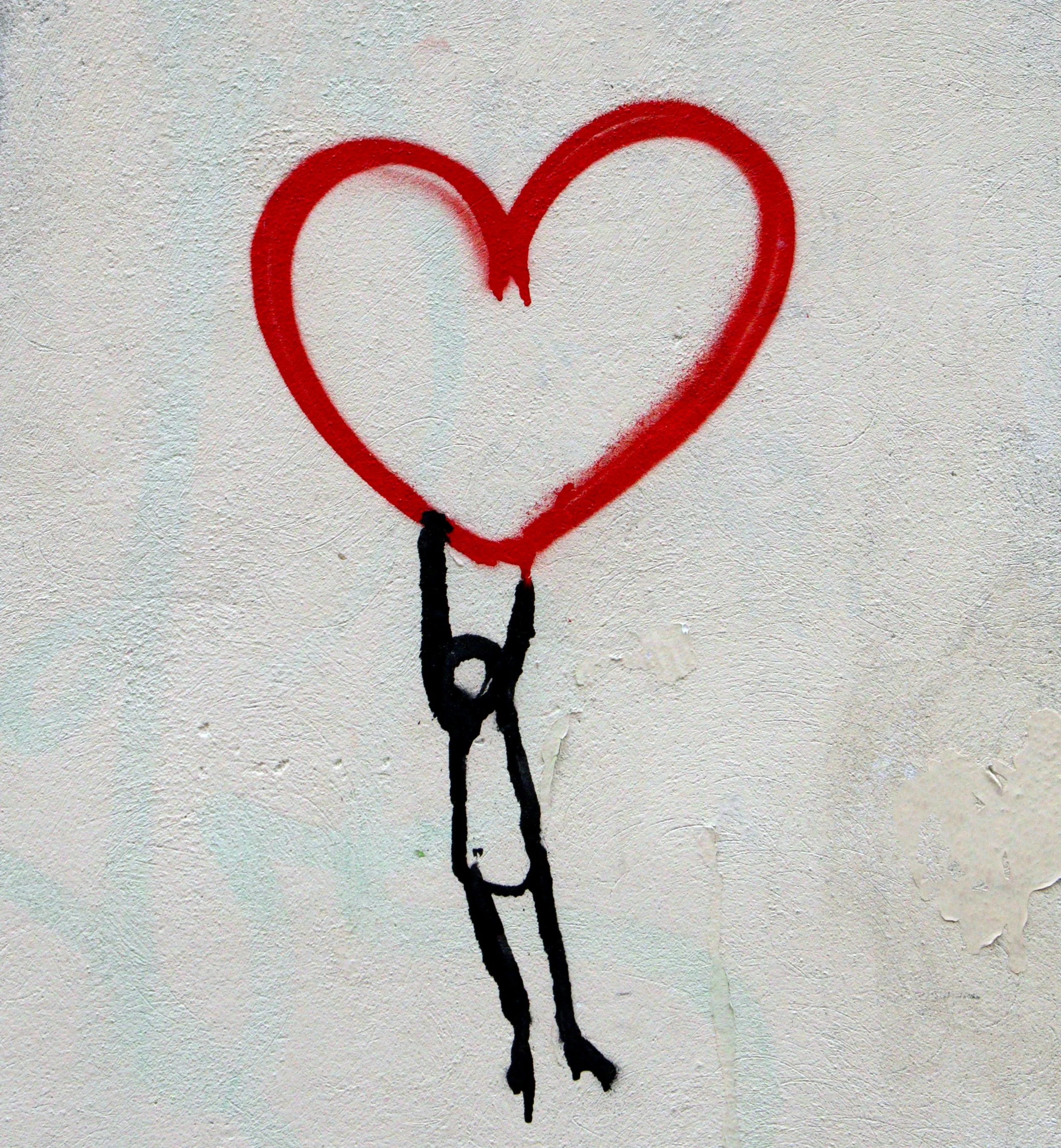What’s love got to do with it?
Open Minds Group London - Oct 22
“One of the best guides to how to be self-loving is to give ourselves the love we are often dreaming about receiving from others. There was a time when I felt lousy about my over-forty body, saw myself as too fat, too this, or too that. Yet I fantized about finding a love who would give me the gift of being loved as I am. It is silly isn’t it, that I would dream of someone else offering to me the acceptance and affirmation I was withholding from myself.”
From All About Love (Love Song to the Nation) - by bell hooks
Sometimes the meaning of words become lost. Love is a big part of our lives, something we crave and search for, but when is the last time you sat down to think about what the word ‘love’ actually means?
At the end of October 22 we met at St Luke’s Centre in London to talk about our thoughts on ‘love’ and its impact on our lives as LGBTQIA+ people with South Asian and Punjabi heritage.
Love is something that most of us are drawn to. Its our experience of being cared for and wanting to care for others, and a lot of the ideas we have about what love is and should be like come from our early experiences with those who raised us.
Some of us were raised in households where love was expressed freely and given to us unconditionally. The majority of us had more complicated experiences of giving and receiving love when we were growing up and in lots of our families, the word is not spoken freely or easily.
Sometimes some of our conversations about love can feel wasteful or even self-centred. A lot of people in the group talked about the idea that self-love or self-compassion is something that can feel selfish. We unpicked this idea in our conversations and for some of us, learning how to love ourselves is something that we had to learn after having personal therapy.
If we’ve grown up in an environment where other people have been negative or hostile about LGBTQIA+ people then these ideas can creep into our bodies and minds. Once these ideas are inside us, they can make us feel bad about ourselves even when we’re no longer around negative people. These thoughts can be very difficult to shake off.
One way to heal from these experiences is to start developing a way to look after yourself and respect yourself as much as you might respect other important people in your life. This respect can start with self-love or self-compassion, and at it’s simplest it’s about telling yourself, with kindness, that you love yourself. Over time, if you do this regularly, this love will start to fill up the holes created by the negativity of other people and the idea is that you will then find it much easier to love other people in a healthy and mutual way.
The other big idea that we talked about in the group was the idea that love should be something that we ‘do’ instead of something that happens to us. By thinking about love as an action, it means that everyone has a responsibility for the way that they love themselves and other people, and also that we stop becoming victims of love. The hard bit about this idea is recognising that sometimes people can ‘do’ love badly. Healthy love should include mutual respect, trust and communication and when we measure it like this, there are probably a lot of loving relationships where we or others could do better.
We will keep coming back to the topic and for those of you who want to think a bit more about love, we’d recommend starting with bell hook’s book “All About Love”. Love is messy, complicated and can be hard to experience, but it is also something that can help nourish and heal us. What we learnt in this group is that we could all become better at talking about love and ‘doing’ love more carefully and joyfully.
If you have read bell hook’s book or have any ideas about what love could or should look like, please get in touch.
With warm wishes,
The Open Minds Project
We meet on the last Wednesday of each month and if you want to join us at an Open Minds Meeting, please visit the Events page on our website.


